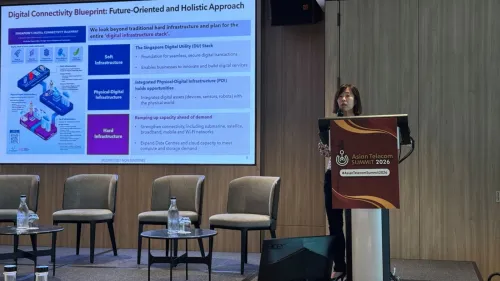Weak rules, poor infrastructure put Filipino gig workers at risk
Inadequate policies leave gig workers vulnerable to low wages and unsafe conditions.
The growing gig economy in the Philippines is exposing workers to risks due to weak regulations and poor infrastructure. Experts warn that without strong policies, gig workers will continue to face unfair wages, job insecurity, and inadequate protections.
“Gig workers in the Philippines are not yet considered as employees, meaning they are beyond the protection of the Philippine labor code,” said Atty. Jayvy Gamboa, Legal Consultant at Fairwork Philippines. “We are kind of waiting for a definite ruling from the courts on the policy side.”
The absence of uniform policies has resulted in inconsistent treatment of gig workers across platforms, according to Cheryll Ruth R. Soriano, Principal Investigator at Fairwork Philippines.
“Fair pay or fair conditions for workers are sometimes framed as stifling innovation or increasing costs for customers,” Soriano noted. “We need to redefine sustainability to balance innovation, customer needs, and worker welfare.”
With gig workers classified as self-employed, they must cover their own contributions for social security and health insurance, unlike traditional employees whose employers share the burden.
“Our proposal is for companies to not pass on the cost of accessing e-payment platforms to workers,” Gamboa said. He also urged companies to provide greater awareness of existing benefits.
Queen Cel Oren, Research Specialist at the Philippine Institute for Development Studies, called for unemployment insurance and training programs to help gig workers stay competitive. “It should [...] support workers during job loss, as well as reskilling and upskilling programs to help workers regain employment.”
As the gig economy expands, the need for regulatory clarity grows. “We need to start the conversation because these platforms are continually growing, not only in the Philippines but within the region,” Soriano said.











